

An Observation about American Democracy
The ongoing Republican debacle and what it says about representative democracy in the US.


The ongoing Republican debacle and what it says about representative democracy in the US.
Wherein I finally reveal my answer (spoiler: it is hardly surprising). And, also, wherein despite the goal of brevity, I fail at that goal.


Diving into the structure of Alabama’s districts and highlighting deep problems.


Thinking about what is predictive as well as the usefulness of historical case studies.


Perfect timing, it would seem.
A post about thinking in a comparative way.
Because sometimes the comment box is just too small.
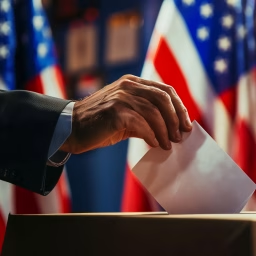
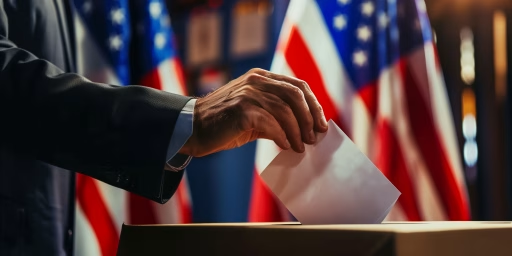
Localities are consolidating local elections to coincide with national ones. Some don’t like that.
Autocrats facing defeat have all kinds of counterproductive, dangerous ideas.
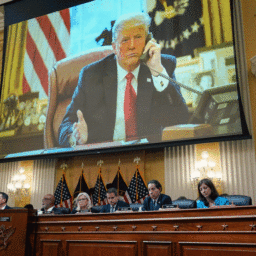
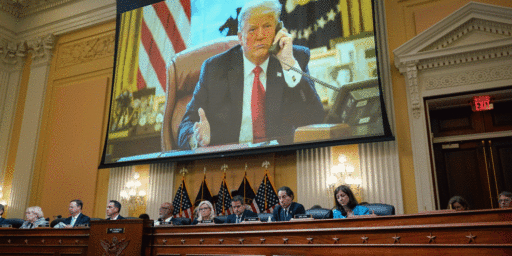
Can American democracy survive its information bubbles?
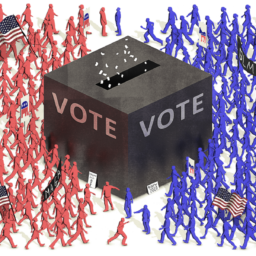
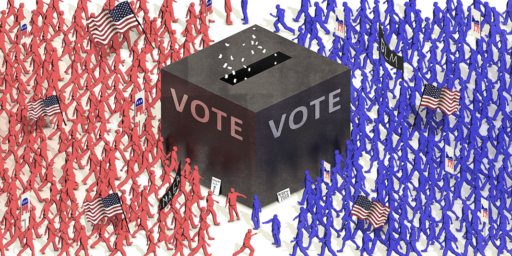
More on primaries with a foray into Madison and the general politics of power-seekers and incentives.


Our representation problems are far, far more about structure than they are about the messaging of the parties.

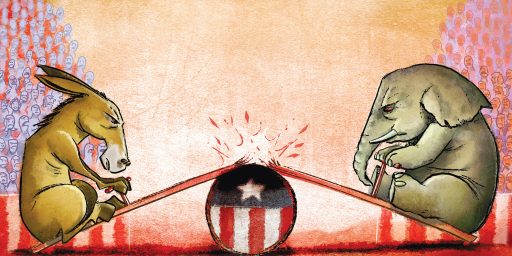
A potentially more representative map that still underscores deep flaws in our system.


Neither the Democrats nor the Republicans truly represent most Americans. Fixing that is exceedingly unlikely.

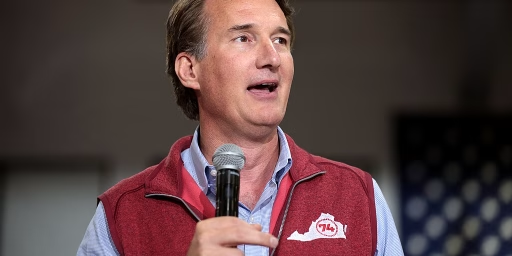
The Commonwealth’s undemocratic political system is, shockingly, unrepresentative of the will of its people.


A bloc of moderates is not coming to a Senate near you.


SLT guests on Peaceful Political Revolution in America to talk American democracy.
Counting is not necessarily as straightforward as it may seem.